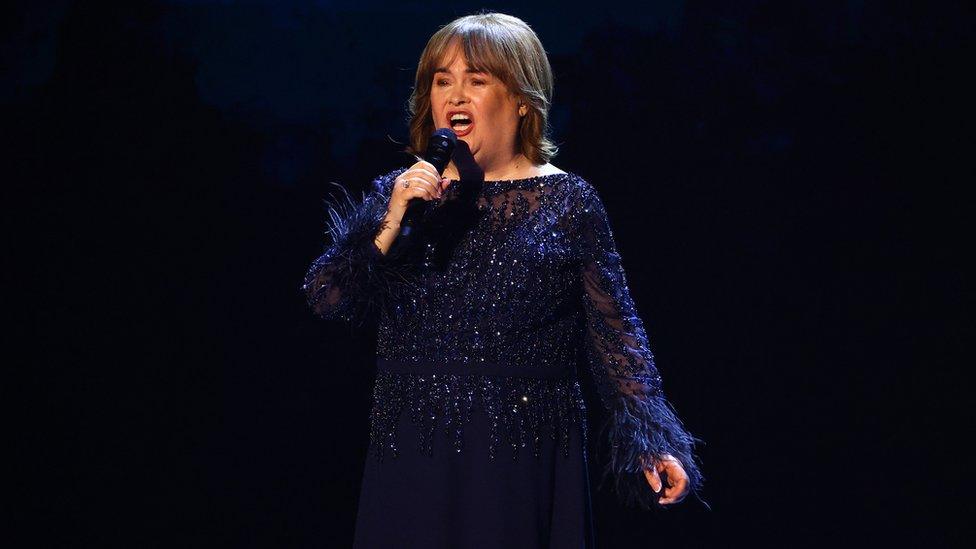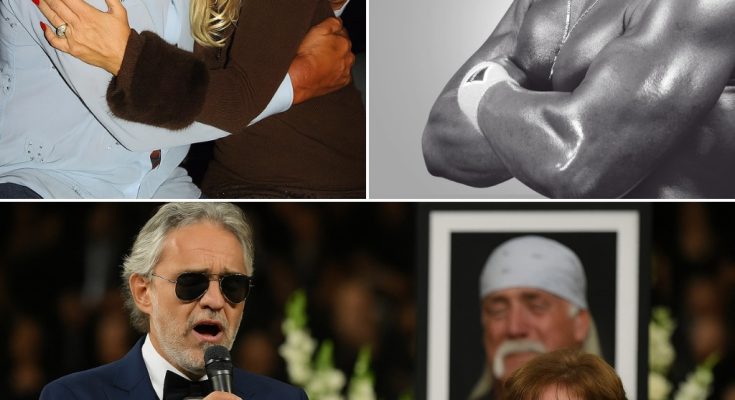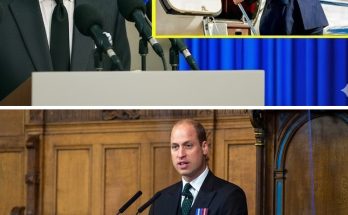It was supposed to be a quiet Sunday morning in Tampa, Florida. But when news broke that Hulk Hogan—one of the most iconic figures in professional wrestling—had died suddenly at 71, the world stopped.

The tributes came flooding in. Fellow wrestlers. Fans. Celebrities. But one message stood out among the rest—and it came from someone many had forgotten in the whirlwind of his larger-than-life legacy: Linda Hogan, his ex-wife.
Just three days before Hogan’s passing, Linda had given a rare, emotionally charged interview. She hadn’t spoken publicly about him in years. But something compelled her to open up.

“We’ve been through fire, Terry and I,” she said, using his real name. “We built an empire together… raised children, survived scandals, fame, and failure. Though we went our separate ways, I’ve always forgiven him. I’ve always loved him—in my own way.”
At the time, no one realized these words would be her final message to the man she once called her soulmate.

Three days later, inside St. Patrick’s Cathedral in New York City, a sea of white roses lined the altar. Fans had gathered outside since dawn, many holding candles, others clutching vintage Hulkamania posters. Inside, the atmosphere was sacred—somber, yet strangely intimate.
The ceremony had been kept mostly private. Only a few public names were listed in the program. But what happened next no one had expected.
As the final eulogy concluded, the lights dimmed. A single spotlight fell on the altar.

From the shadows emerged two figures: Andrea Bocelli, the legendary tenor, and Susan Boyle, the voice that once stunned the world with “I Dreamed a Dream.” They walked to center stage in silence.
Bocelli began first, his voice rich and trembling with grief. The opening notes of “Time to Say Goodbye” echoed through the cathedral. Moments later, Susan joined in—her voice soft but soaring, like a whisper rising to heaven.
Midway through the performance, Susan stopped briefly, overcome with emotion. She turned slightly, her hand wiping a tear from her cheek. The moment was caught on camera, but no one moved. No one even breathed.
Outside, the thousands gathered began singing along softly, tears streaming down their faces.
Linda, sitting in the second pew beside her children, watched silently. A single white handkerchief rested in her lap, clenched in her hand. When the final note rang out, she stood slowly, looked up toward the cathedral’s vaulted ceiling, and whispered something no mic could catch.
But a lip reader later revealed her words: “You can rest now, Terry. I’m proud of you.”

The internet exploded.
Clips of the duet went viral within minutes. One fan tweeted, “I never thought I’d cry at a wrestling legend’s funeral. But when Susan Boyle broke down during Time to Say Goodbye, I lost it.”
Another wrote, “Linda’s message hit harder than any championship belt. That was real. That was love after the pain.”
Wrestling legends Ric Flair and Dwayne “The Rock” Johnson also posted tributes, calling it “the most beautiful send-off the sport has ever seen.”

Though Hulk Hogan was known for his power, charisma, and showmanship, his final farewell revealed something deeper—something far more human.

It wasn’t the arena, the championships, or the fame that defined him in the end. It was the raw emotion of a woman’s forgiveness. The fragile, trembling voice of a tribute song. And the silent tears of a crowd that grew up believing in heroes.
In that cathedral, Hulk Hogan wasn’t just a wrestler. He was a father. A husband. A man remembered not only for his strength—but for those who chose to love him even after goodbye.






